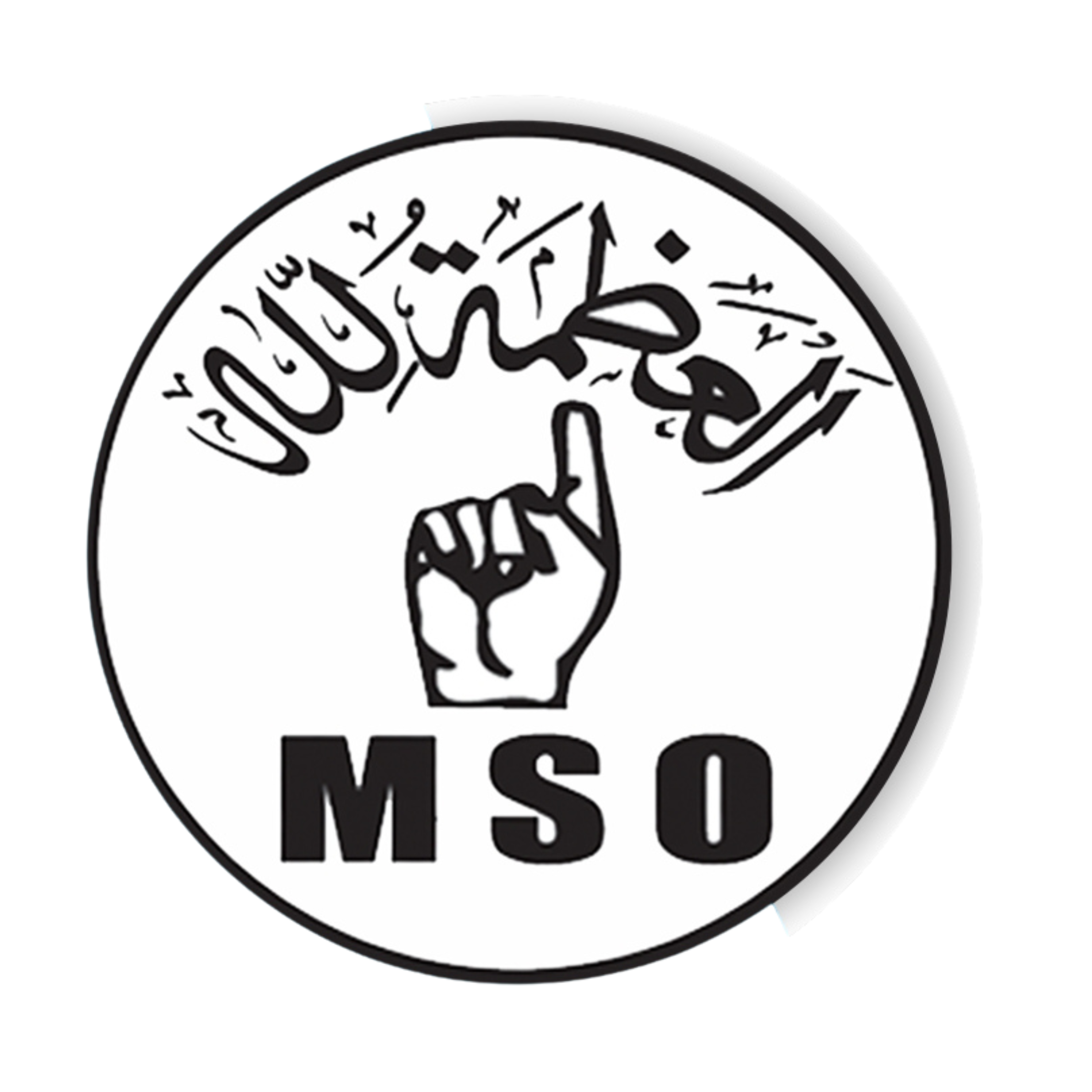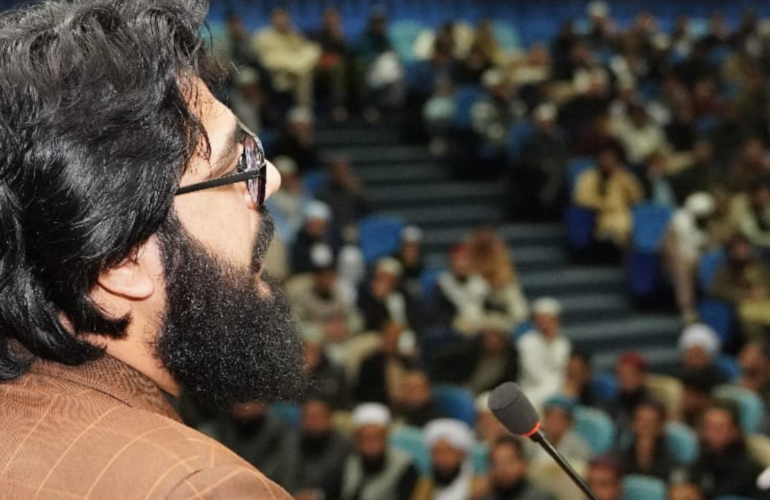In every era, the youth have been at the forefront of societal transformation. For Muslim students, this responsibility is even greater as they carry the legacy of Islamic teachings and the potential to shape communities with wisdom and integrity. Their role extends beyond academics to become the torchbearers of positive change, guided by the principles of the Quran and Sunnah.
1. Reviving the Spirit of Leadership
Muslim students have a rich history of leadership to draw inspiration from. The companions of the Holy Prophet Muhammad (PBUH) were young yet played pivotal roles in building an Islamic society. Today’s students must embrace their leadership potential by becoming active contributors to their communities, embodying Islamic values in their actions, and addressing modern challenges with courage and knowledge.
2. Education as a Tool for Empowerment
Education is a powerful means of personal and societal empowerment. Muslim students are uniquely positioned to bridge the gap between religious and modern education systems. By excelling in their fields of study and staying true to Islamic ethics, they can lead initiatives that address issues like poverty, inequality, and lack of access to quality education.
3. Upholding Islamic Values in Daily Life
The foundation of a harmonious society lies in moral and ethical conduct. Muslim students must strive to uphold values such as honesty, humility, and respect in their daily lives. By practicing these principles, they set an example for their peers and challenge negative stereotypes about Islam, fostering understanding and unity within diverse communities.
4. Advocating for Justice and Equality
Islam teaches the importance of standing for justice and equality. Muslim students can play a critical role in advocating for marginalized communities and addressing societal injustices. Whether through community service, social activism, or academic research, they can work towards creating an inclusive society where every individual is treated with dignity and fairness.
5. Using Technology for Positive Change
In today’s digital age, students have access to platforms that can amplify their voices and ideas. Muslim students can use these tools to spread awareness about important issues, combat misinformation, and share the true message of Islam. Through responsible use of technology, they can inspire positive change on a global scale.
6. Building Bridges Across Communities
The strength of a society lies in its unity. Muslim students must actively work to bridge divides between people of different cultures, faiths, and perspectives. By promoting dialogue, collaboration, and mutual respect, they contribute to a more cohesive and peaceful world.
7. Preparing for Future Challenges
As future leaders, Muslim students must equip themselves to address the challenges of a rapidly changing world. This includes environmental sustainability, technological advancements, and the preservation of cultural and religious identities. By staying informed and proactive, they can play a vital role in shaping a better future for all.
Conclusion
The role of Muslim students in shaping society is both a responsibility and an opportunity. By embodying Islamic principles and striving for excellence, they can become agents of positive change, inspiring others and contributing to the development of a just and prosperous society. At MSO, we are committed to nurturing this potential in students, empowering them to lead with faith, integrity, and vision.


